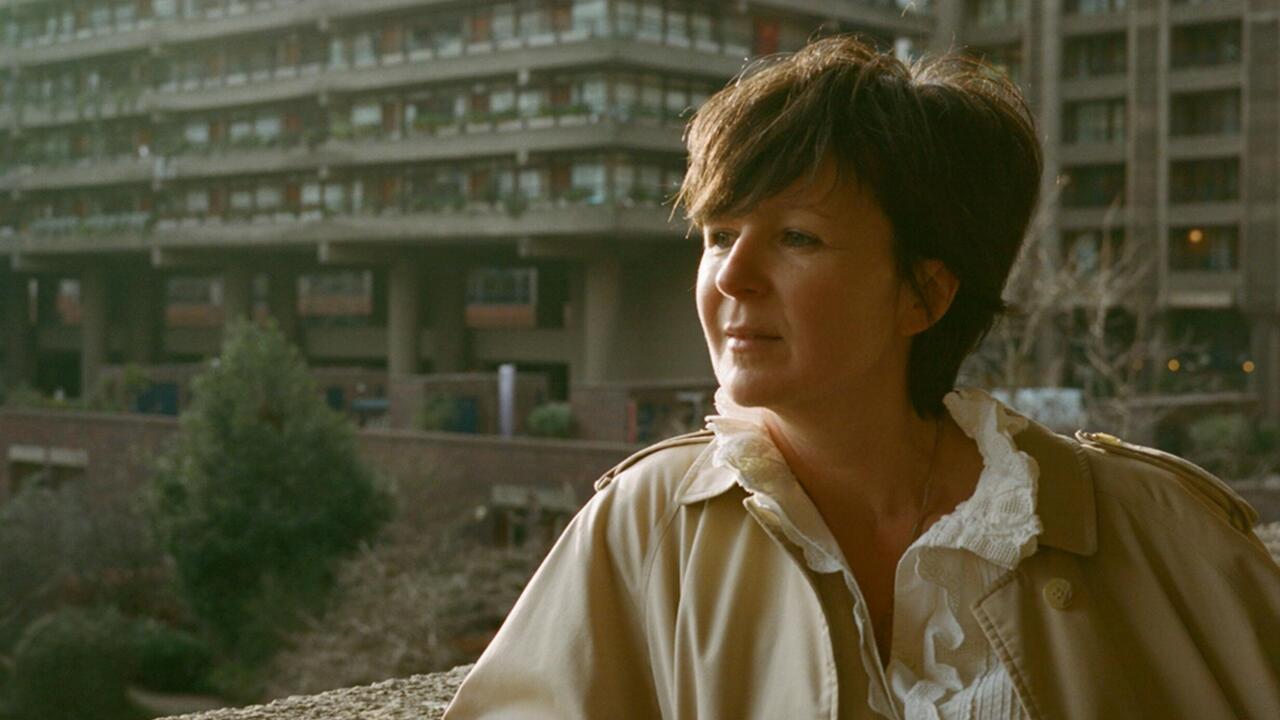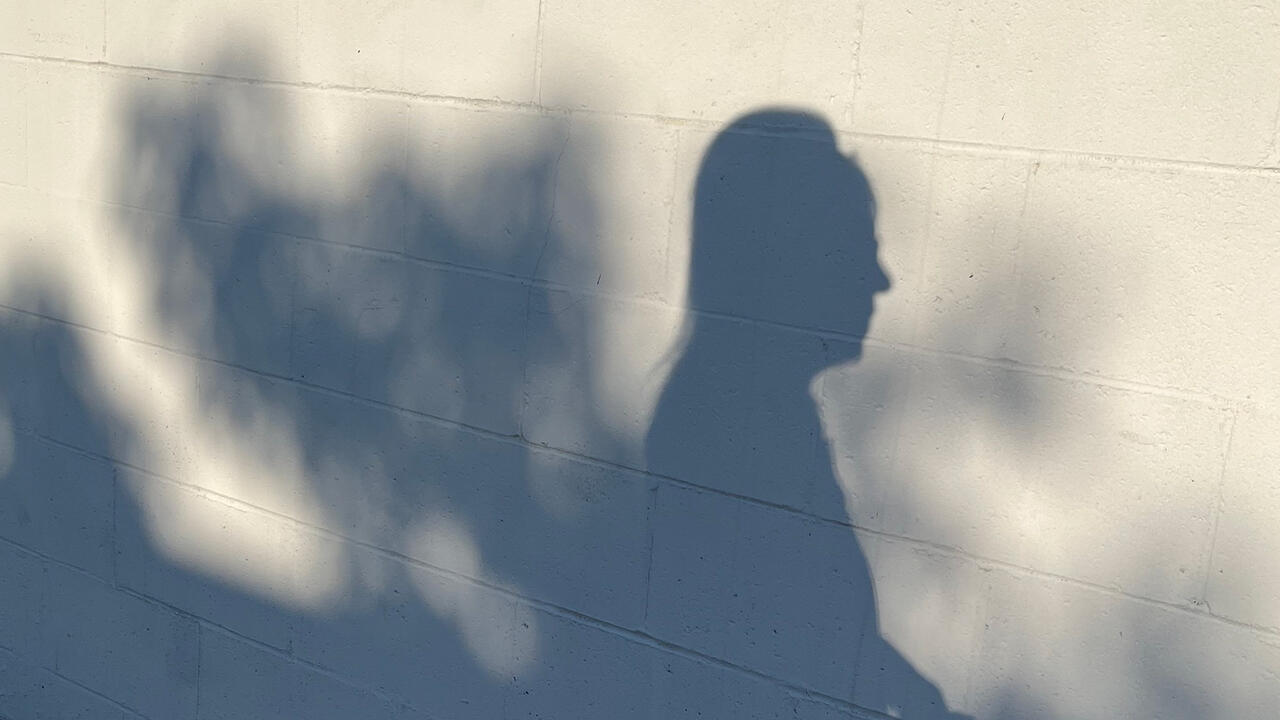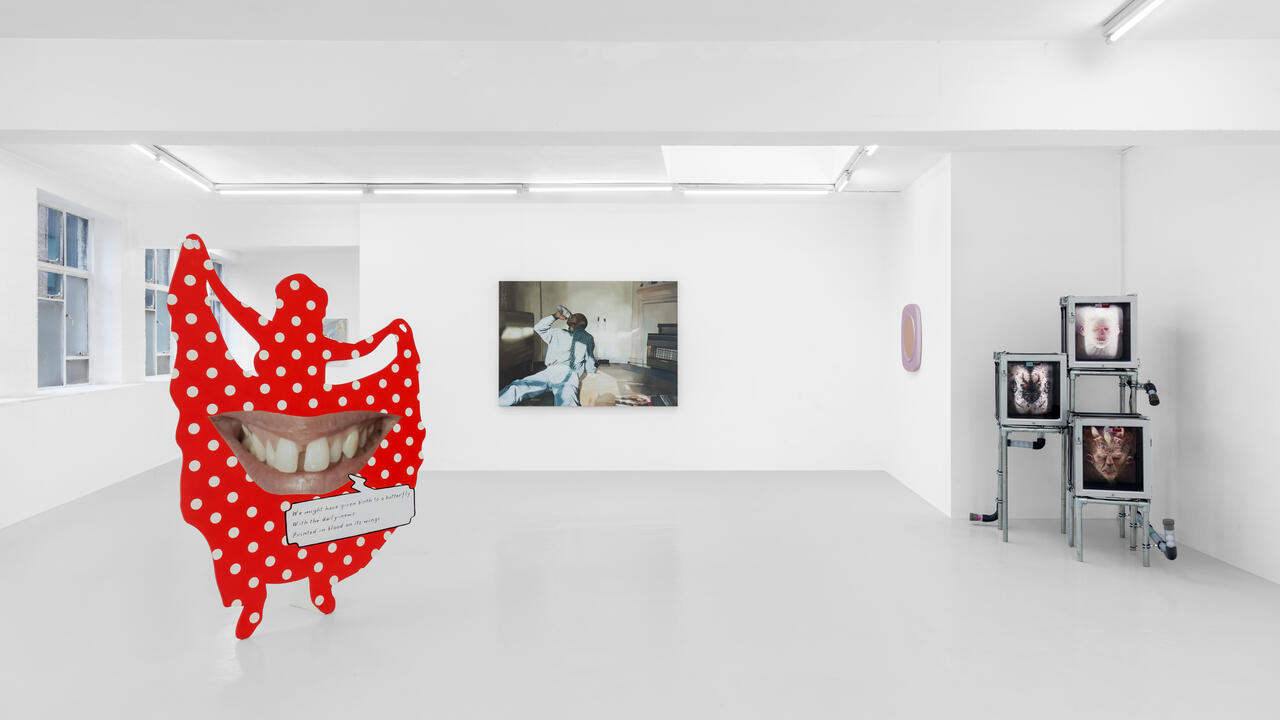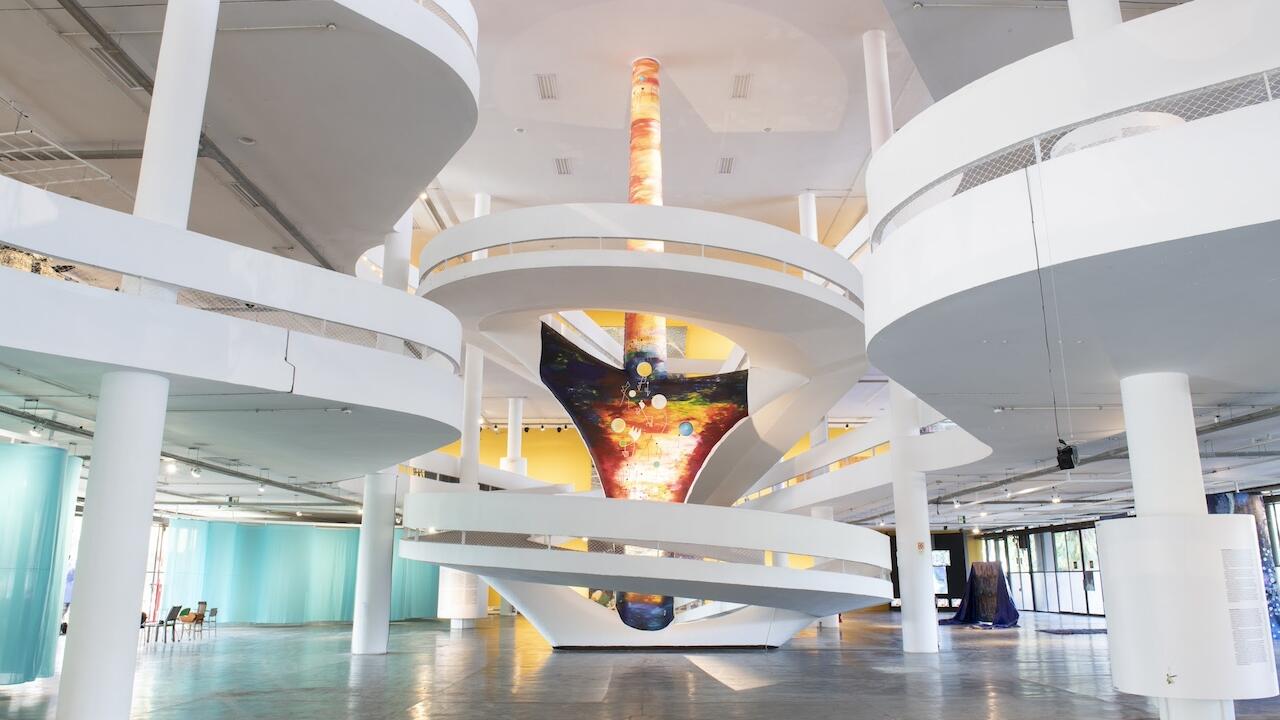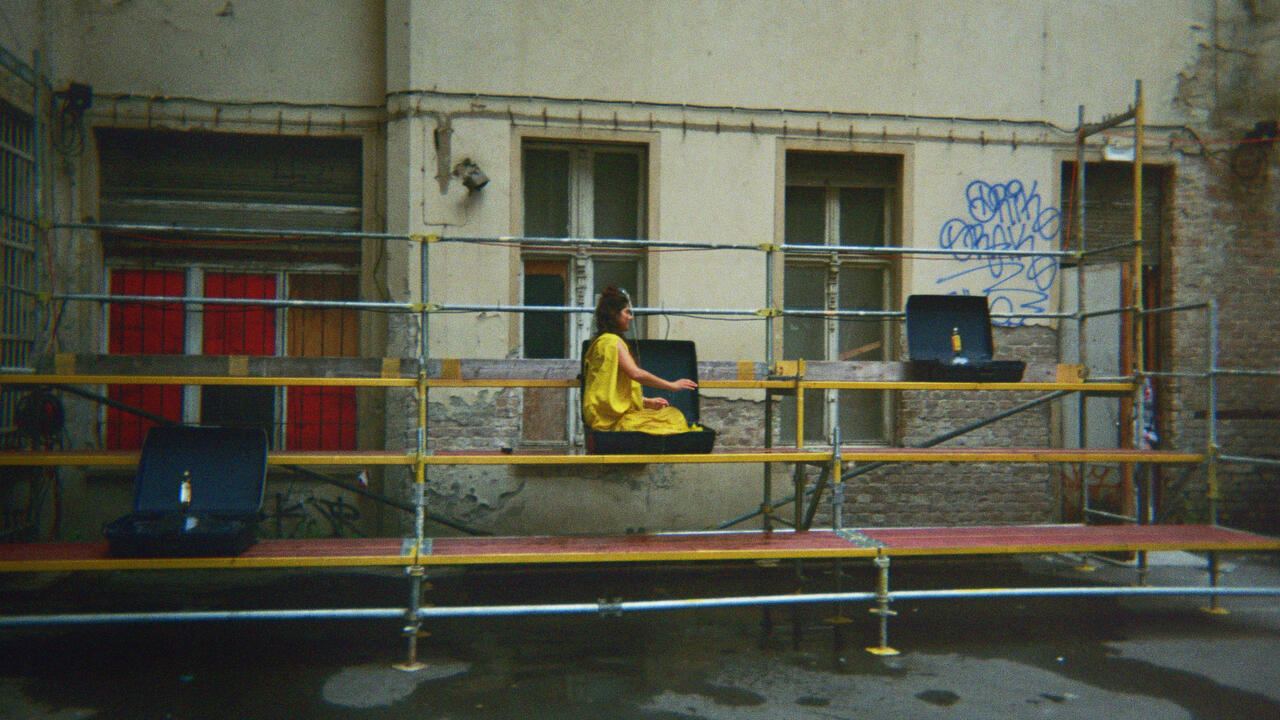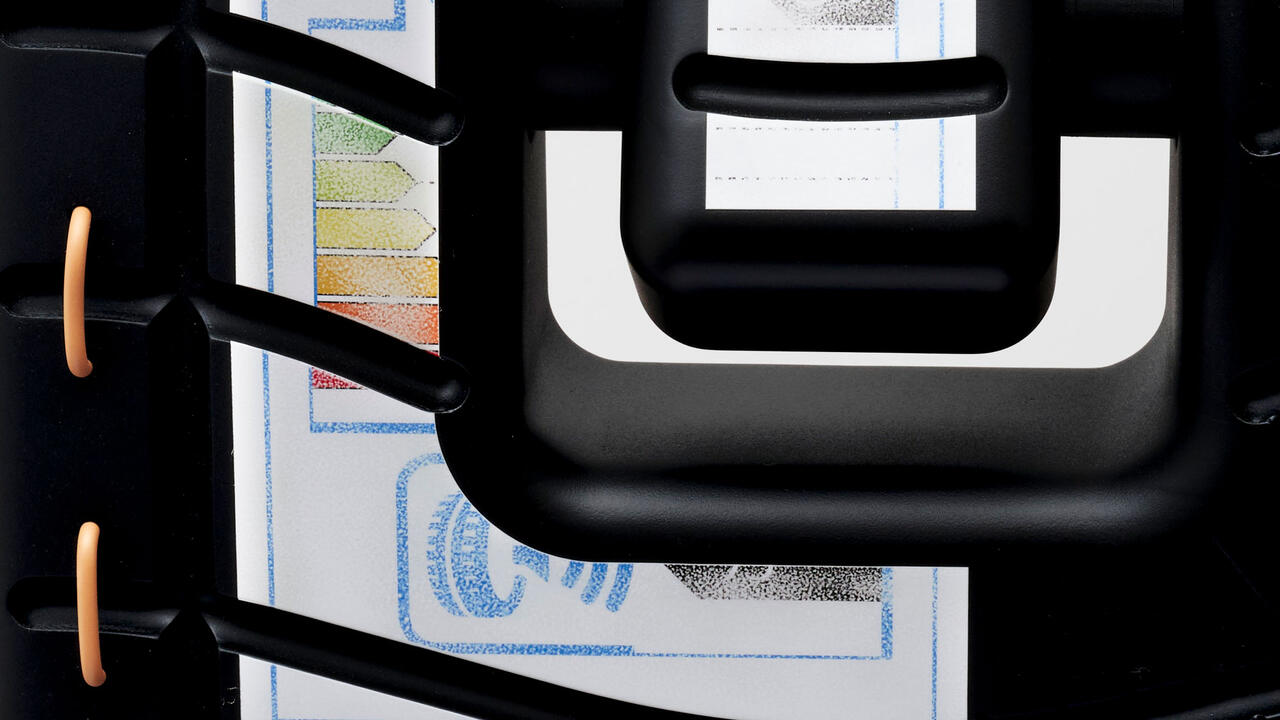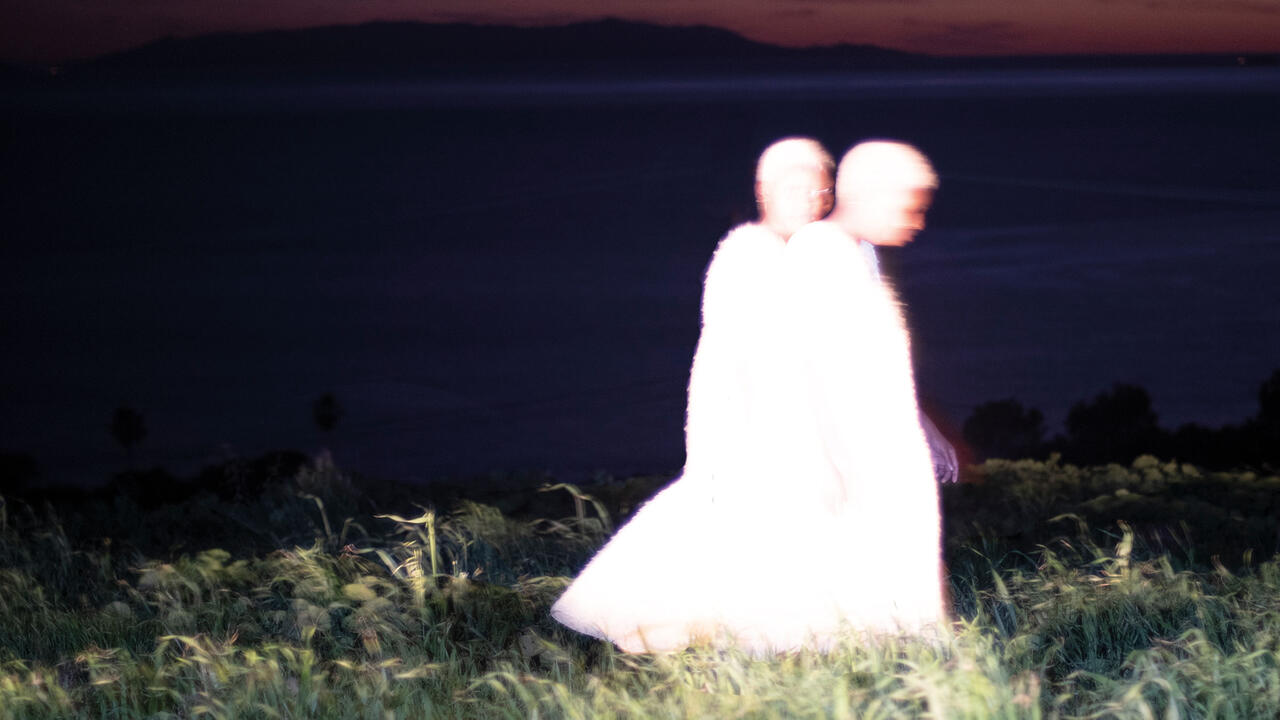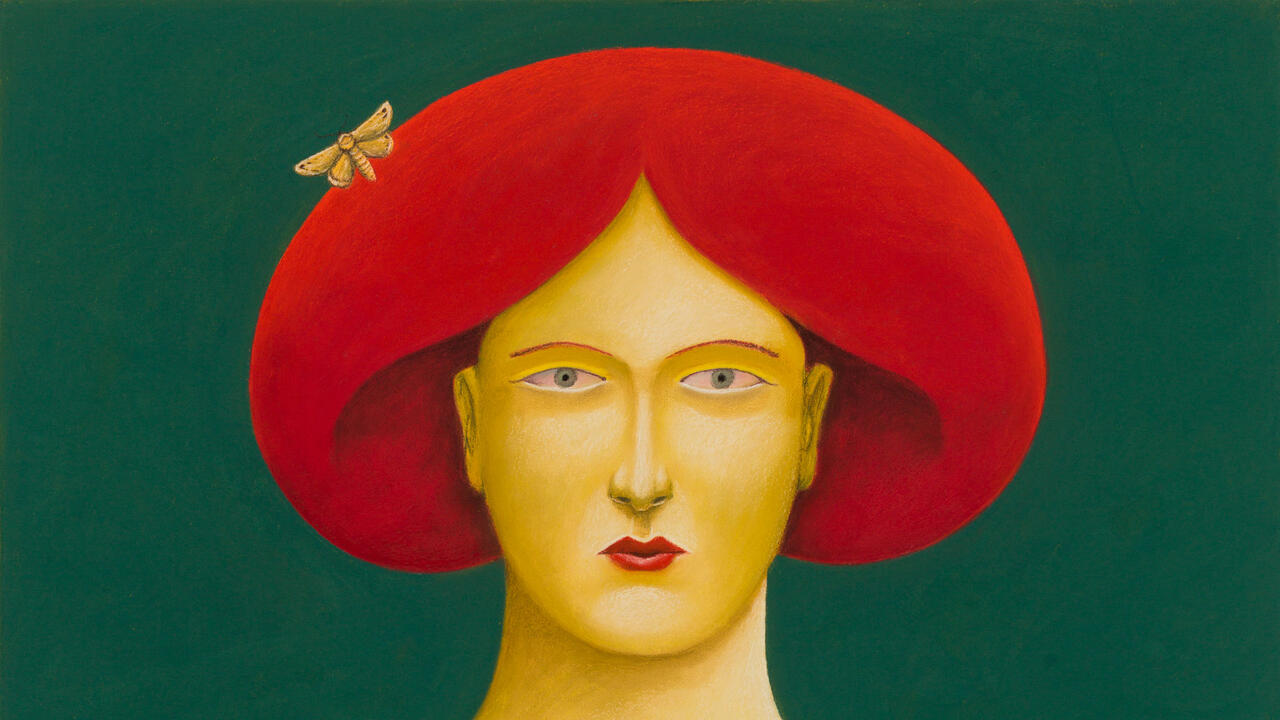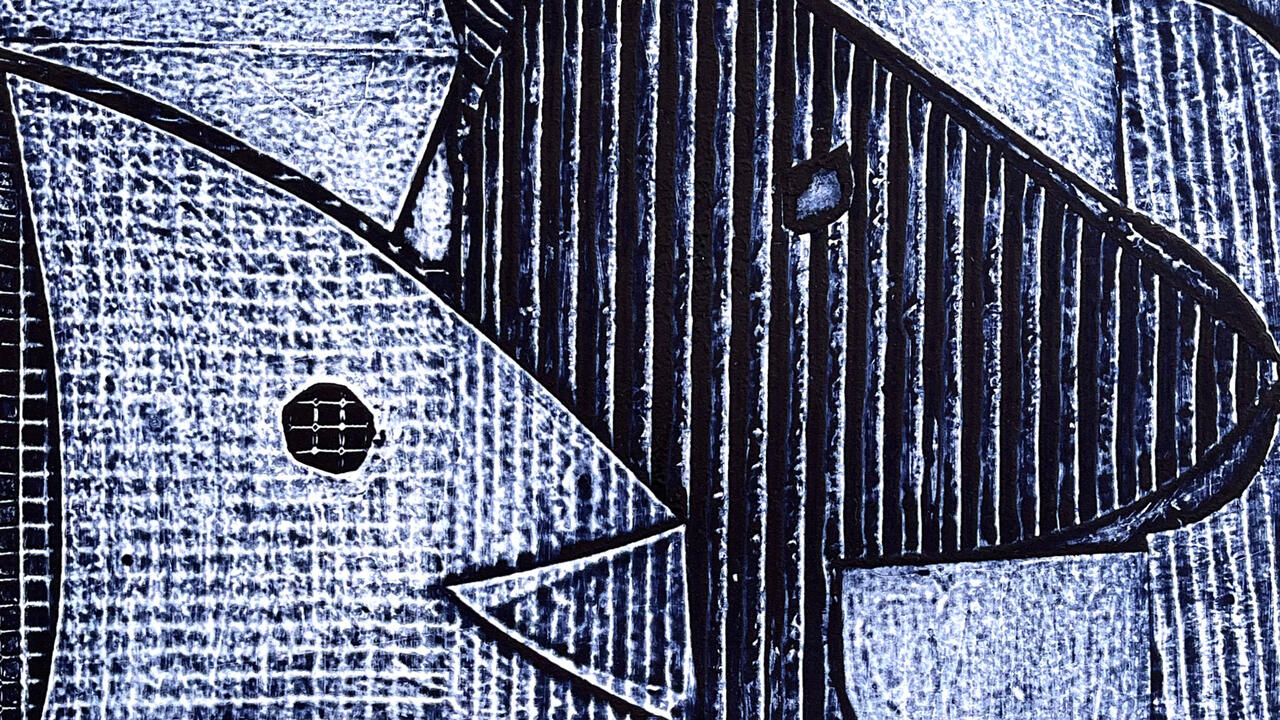In the Era of Brexit, Looking for an Ancient Antidote to ‘Our Island Story’ Nationalism
For Benjamin Britten, Wolfgang Tillmans and Virginia Woolf, something grows when civilization fails
For Benjamin Britten, Wolfgang Tillmans and Virginia Woolf, something grows when civilization fails

One very blue day last November, I went for a walk on the beach. I was in Suffolk, with Julia Blackburn, who had just finished writing her new book, Time Song, about Doggerland. Doggerland is the land that once connected England to continental Europe, before it was inundated by rising sea levels around 6,500 BCE. It had been right there, under the waves that rose and slapped two metres to our left. People lived there, hunted animals, dropped tools that were sometimes recovered by fishermen or washed up on the tide. Sea levels are rising again and, as the Covehithe cliffs are eroded by storms, Mesolithic fossils are frequently revealed.
It was a very bright day. The sun was so low every grain of sand cast a shadow. I pointed at a rust-stained piece of wood. Julia squinted, scooped. What she had in her hands wasn’t wood at all, but a fossilized jawbone. Dolphin, she thought, maybe whale, probably the oldest thing I’ve ever touched.
In the era of border walls and Brexit, I find the existence of Doggerland soothing to contemplate. Considering its power as a corrective to triumphalist ‘our island story’ nationalism, it’s not surprising that it should crop up as a theme in another book written at a brink in history.
Virginia Woolf had the idea for her final novel, Between the Acts, in 1938. She finished writing it in 1940, as bombers flew overhead. (She was planning revisions before she committed suicide in 1941.) It’s set over 24 hours in June 1939, as uneasy peace threatens to give way to war. It’s about people talking and the gaps between words, about violent change and continuity. It takes place in a country house where a pageant is being performed, and it’s an attempt to situate what Woolf feared might be an end of civilization itself in a sustained vision of deep time, in which English history and pre-history are constantly rehearsed.
More than one of the characters in Between the Acts has been reading about Doggerland. The knowledge undermines the Channel, a weak defence anyway now war has entered the air. But it also provides consolations. Time keeps washing on. What is now Piccadilly was once a rhododendron forest, populated ‘by elephant-bodied, seal-necked, heaving, surging, slowly writhing and, she supposed, barking monsters; the iguanodon, the mammoth and the mastodon; from whom presumably, she thought, jerking the window open, we descend’. Continuation is a comfort; life of some sort is surely assured. The day after we found the jawbone, I went to see the English National Opera’s staging of Benjamin Britten’s 1962 War Requiem at the London Coliseum. Britten, a pacifist like Woolf, had lived a few miles down the Suffolk coast in Aldeburgh. He’d written the War Requiem for the consecration of the new Coventry Cathedral, built to replace the 14th-century original destroyed in a bombing raid codenamed Operation Mondscheinsonate (Moonlight Sonata), on the night of 14 November 1940. ‘Coventry almost destroyed’, Woolf wrote in her diary the next morning. ‘When I am not writing fiction this fact seeps in.’
This fact seeped in at the Coliseum too. The set was designed by Wolfgang Tillmans. Behind the singers, a giant photograph of Coventry Cathedral. Zoom, broken columns. Zoom, stone. Zoom, moss. Zoom, until the filaments towered over the singers’ heads, a sinister forest. Something continues, something grows. Is this comfort or terror?, Woolf frets. What consolation can you wring from the lowing cows, the returning flurries of swallows, ‘when the whole of Europe – over there – was bristling like ... He had no command of metaphor. Only the ineffective word “hedgehog” illustrated his vision of Europe, bristling with guns, poised with planes. At any moment, guns would rake that land into furrows; planes splinter Bolney Minster into smithereens.’ I was sitting next to my friend Charlie. Sarah was crying.
Woolf finished Between the Acts nine days after Coventry Cathedral was bombed. In the same entry in which she noted this fact, she described how a German plane had been shot down in the hills behind her house and how people ‘stomped’ on the heads of the dead airmen. ‘Love, hate, peace’, she wrote in Between the Acts, the three great elements of human existence. On the screens at the Coliseum more images appeared. Football hooligans, Srebrenica, the deformed face of a soldier, his jaw obliterated.
This article first appeared in frieze issue 201 with the headline ‘Between The Acts’










